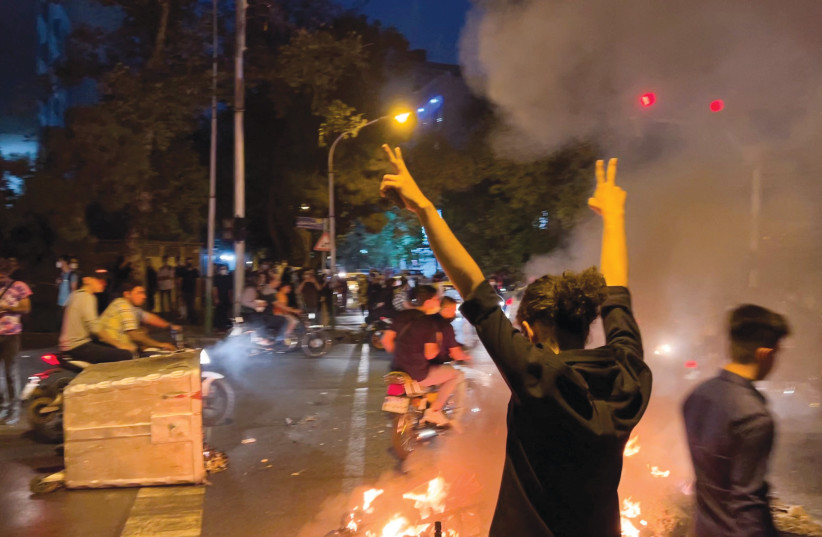September 30 marks the annual worldwide holiday of Blasphemy Day. But despite the name, it isn't a day when people go out of their way to be as blasphemous as possible.
No, this holiday is actually meant to raise awareness and education about blasphemy laws, freedom of expression and address the plight of religious intolerance around the world.
What is Blasphemy Day?
Blasphemy Day itself was first started in 2009 by the Center for Inquriry, a US-based NGO that advocates against the influence of religion in governments.
However, it was inspired by an infamous incident on September 30, 2005, when a satirical picture of the Prophet Muhammad was published in a Denmark newspaper.
This sparked widespread outrage around the world, which even saw protests and firebombings of Danish embassies. This and the resulting clashes with law enforcement would lead to over 100 deaths.
This isn't an isolated incident either. There have been many cases where drawings of the Prophet Muhammad, which go against Islamic law against iconography and where pictures of Muhammad are considered high forms of blasphemy, have sparked fierce backlash and violence.
For example, on more than one occasion, the French satirist publication Charlie Hebdo published images of Muhammad, sparking serious backlash and violence.
This would eventually culminate in the infamous Charlie Hebdo shooting in January 2015, when two French Muslims linked to al-Qaeda stormed the newspaper's office and opened fire, killing 12 and injuring 11.
Incidents like this are at the heart of why Blasphemy Day exists. This is because, for its founders, it's important to be able to examine and criticize religious beliefs, even if that ends up being somewhat offensive.
What are blasphemy laws?
But there is a lot more to it than just discussing Islam and depictions of Muhammad. Rather, it also reflects the continued presence of blasphemy laws around the world.
According to a recent survey from the Pew Research Center, blasphemy laws were on the books in 40% of all countries and territories in the world in 2019.
These laws define blasphemy as speech or actions that act in a manner contradictory or offensive to God, a religious group or objects held in religious esteem.
In addition, some countries also have laws against apostasy, which is defined as abandoning one's religious faith.
While they are less common in the West, blasphemy laws are still present there, such as in Brazil or Germany. However, the punishment for such crimes are usually fines or prison sentence and are often referred to as religious defamation.
In other countries, however, the punishment for blasphemy can be much worse, including severe prison sentences or even the death penalty.
Countries that practice such severe punishments for blasphemy include Saudi Arabia, Pakistan, Afghanistan and Iran.
Blasphemy, religious freedom and hijab protests in Iran
Iran, an Islamic theocracy, has been infamous for its blasphemy laws, and lack of religious freedom in general.
One such incident occured following the publication of the novel The Satanic Verses by Salman Rushdie, which was criticized by some for being blasphemous. In response, Iran's then-supreme leader Ayatollah Khomeini issued a fatwa ordering Muslims to kill Rushdie and all publishers of the book.
This was reaffirmed even after Rushdie apologized, with Ayatollah Khomeini saying that "Even if Salman Rushdie repents and becomes the most pious man of time it is incumbent on every Muslim to employ everything he's got, his life and wealth, to send him to hell," according to The Associated Press.
"Even if Salman Rushdie repents and becomes the most pious man of time it is incumbent on every Muslim to employ everything he's got, his life and wealth, to send him to hell."
Ayatollah Khomeini
These attempts have continued for years, and Iran has since upheld the fatwa as something "solid and irrevocable."

Religious restrictions in Iran have come under the spotlight once again in recent weeks following the death of Mahsa Amini, who allegedly died after being arrested and beaten by Iranian Islamic "morality police" for not wearing a hijab properly.
This has sparked massive protests in Iran and around the world, with Iran still struggling to crack down on them.
